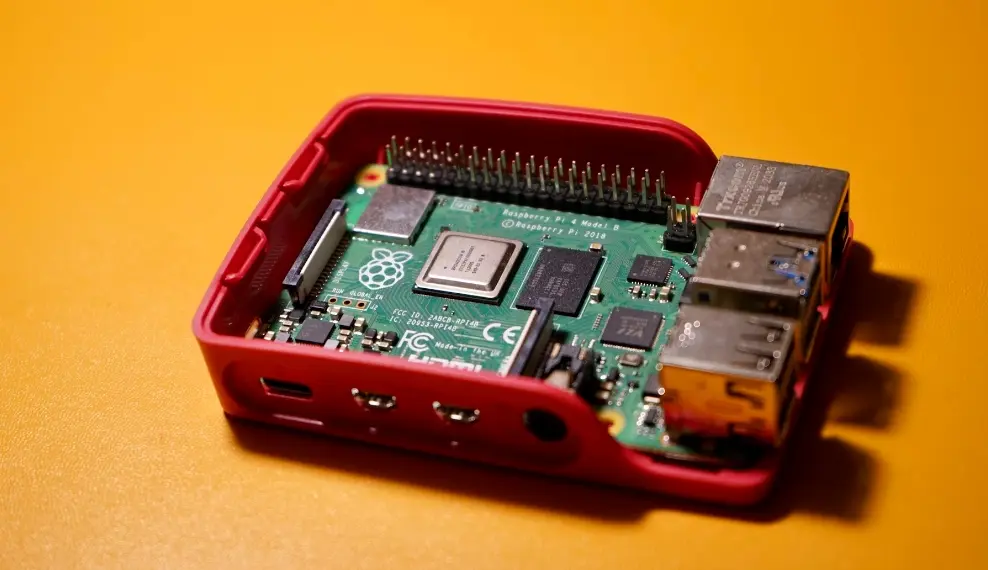
WiFi FCC Certification Test Laboratory
Wi-Fi is a household radio technology commonly used for wireless local area networks (WLAN), based on the IEEE 802.11 standard family. Wi-Fi is a trademark of the Wi-Fi Alliance, and the Wi-Fi Alliance restricts the use of the term "Wi-Fi Certified" to products that successfULly complete interoperability certification testing.

Introduction to fcc Certification
The FCC, or Federal Communications Commission, is a U.S. government agency directly responsible to Congress. It coordinates domestic and international communications through the control of radio, television, telecommunications, satellite, and cable. The FCC is responsible for authorizing and managing radio frequency transmission devices and equipment, except those used by the federal government. According to the relevant parts of the Code of Federal Regulations (CFR 47), all electronic products entering the United States need to undergo electromagnetic compatibility certification (fcc certification).
Applicable Standards for FCC Certification of WiFi Products:
- fcc part 15.247
- FCC PART 15.205
- FCC PART 15.207
- FCC PART 15.209
FCC Certification Test Items for WiFi Products:
1. 6 dB Bandwidth (6DB BANDWIDTH)
- Applicable Standard: PART 15.247 SECTION (a).(2)
- Requirement: Greater than 500 kHz.
2. Maximum Conducted Output Power (CONDUCTED OUTPUT POWER)
- Applicable Standard: PART 15.247 SECTION (b).(3)
- Requirement: 1W.
3. Band Edge Test (BAND EDGE)
- Applicable Standard: PART 15.247 SECTION (d)
- Requirement: Spurious emissions outside the 100 kHz band edge must be at least 20 dB below the highest point within the operating band.
4. Power Spectral Density (POWER SPECTRAL DENSITY)
- Applicable Standard: PART 15.247 SECTION (e)
- Requirement: 8 dB/3 kHz.
5. Restricted Bandwidth (RESTRICTED BAND)
- Applicable Standard: PART 15.247 SECTION (d), PART 15.205C
- Requirement: PART 15.209.
RequiRED Documents for FCC Certification of WiFi Devices:
1. The full name and detailed contact address of the manufacturer and applicant of the product.
2. A copy of the installation and user manual for the product provided to the user. (If the product does not yet have a user manual, a draft copy of the relevant content can be provided.)
3. Electrical schematic and explanation of the working principles of the product. (If the product has grounding or an antenna, it should be described.)
4. A table of the operating oscillation frequencies of the product, listing the signal transmission paths and corresponding oscillation frequencies.
5. Other product characteristics that need to be explained.
fcc certification process for WiFi Devices:
1. The equipment manufacturer should authorize the test laboratory to apply for an FCC Grantee Code.
2. The FCC will send the Grantee Code to the equipment manufacturer.
3. The equipment manufacturer submits their device to an accredited test laboratory for evaluation.
4. The test laboratory will test the device according to the appropriate standards.
5. Once testing is successful, the test laboratory will create a detailed test report and submit it to the FCC.
6. The FCC will respond to the certification request within 8-12 weeks.
Introduction to FCC Certification Fee Standards for WiFi Devices:
1. For ordinary products without wireless functions undergoing FCC-sdoc certification, the cost is approximately $500.
2. For wireless products, such as mobile phones, wireless remote controls, Bluetooth speakers, tablets, etc., undergoing FCC-ID certification, the cost is $1700 (depending on the specific product).
China JJR is an IEC 17025 accredited laboratory providing fcc certification services for WiFi products.
Email:hello@jjrlab.com
Write your message here and send it to us
 How Do You Get a CE Mark
How Do You Get a CE Mark
 IEC 60529 IP Rating Ingress Protection Standard
IEC 60529 IP Rating Ingress Protection Standard
 IEC 60601-1 Medical Electrical Equipment Basic Saf
IEC 60601-1 Medical Electrical Equipment Basic Saf
 European Authorized Representative Medical Devices
European Authorized Representative Medical Devices
 EU Waste Electrical and Electronic Equipment Direc
EU Waste Electrical and Electronic Equipment Direc
 How to Get CE Approval
How to Get CE Approval
 Accelerated Ageing Test
Accelerated Ageing Test
 IP Ingress Protection Testing
IP Ingress Protection Testing
Leave us a message
24-hour online customer service at any time to respond, so that you worry!




